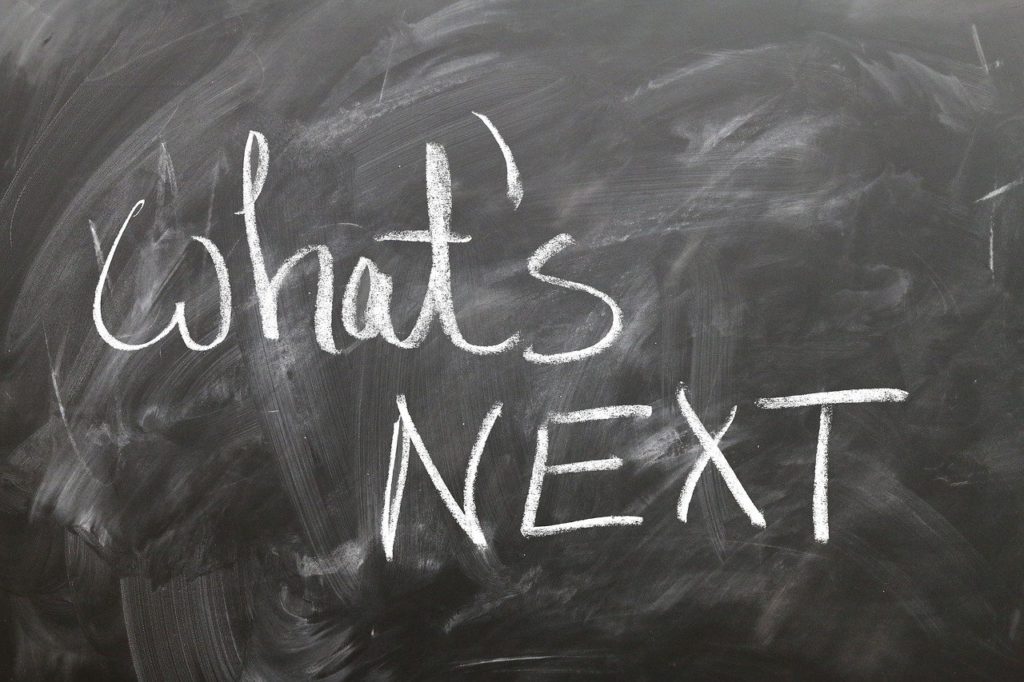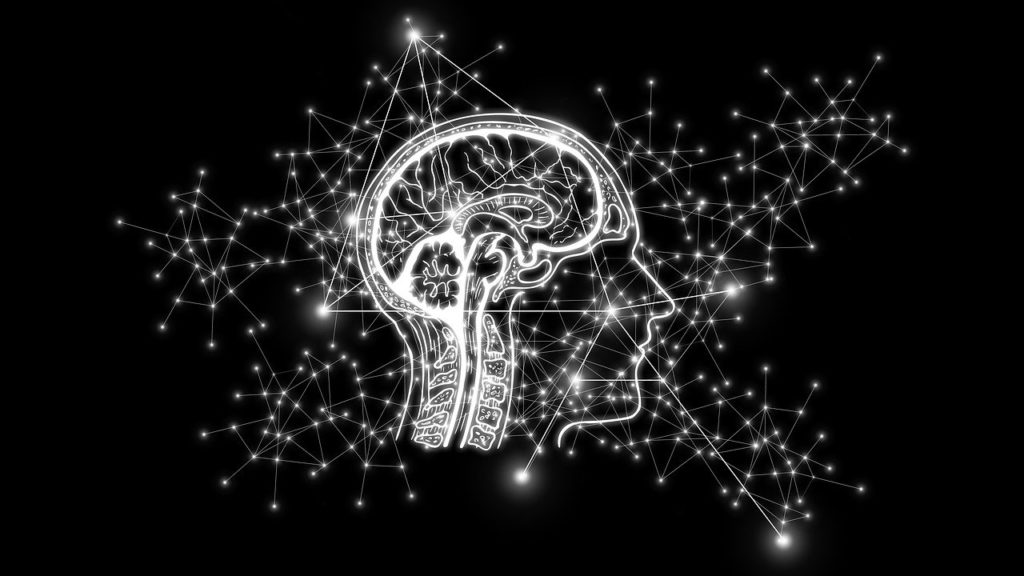We have been hearing a lot in recent times about the topic of artificial intelligence and how it is going to revolutionize the world. The human race has gone through many milestones like the discovery of fire, the invention of the wheel, the industrial revolution, and the next turning point to be Artificial intelligence.
AI has the potential to cause a paradigm shift in human behavior and many considered it an invention more significant than the discovery of electricity. There are going to be widespread repercussions in many fields, especially finance, health, education, and transport. This is an introductory post on how artificial intelligence is going to impact the health care sector.
What is AI?
Many of us are unfamiliar with what an AI is and how it works and how it is different from typical software. AI is a software designed to replicate human intelligence but in a much more streamlined way. So, you might be wondering we already have software’s like a calculator which work on our computer how are they different from that of an AI?
The conventional software’s which we have are static, they do not evolve, and only perform an action when we instruct them. For example, a calculator only works when we feed input and ask it to perform some function, and it will act a similar way every time without any improvement. Two multiplied by two is four and the calculator will take the same time to calculate even when you ask it a million times. It does not anticipate our question, does not optimize technique, or provide a more accurate solution, only does what it is programmed to do nothing more nothing less. AI, on the other hand, is dynamic, it has the potential to self-improve, learn from its mistakes, generate new ideas just like humans do.
To make the concept clearer, I will give an analogy of an oven to differentiate conventional program vs AI.
Scenario 1 conventional oven (regular program)
Imagine using an oven to heat cup noodles before going to work. Every day you wake up, heat cup noodles at 8:00 am for 2 minutes, and eat it. Daily you have to repeat the same process again and again without any change.
Scenario 2 Intelligent oven (AI based)
On day one, you put noodles inside the oven and eat it after two minutes. Day two, your noodles are ready fully cooked inside the oven by 8:00 AM. Third-day your noodles supply is over, but hey your oven ordered them from amazon. Sunday it cooked a different flavor of noodles to make your day special. As days progress, a new breakfast was prepared from internet recipes. lunch and dinner were cooked and delivered to your office. A special cake was baked for your dad on his birthday, thanks to Facebook feeds. Your health records are synchronized and the oven starts reducing the sugar in your diet and monitors your blood pressure in real-time to calculate the salt in food.
One day your genome was mapped for medical causes, and your oven got hold of it, checked the entire internet database to know which kind of foods are suitable for your genome. It starts taking into consideration what disease you are predisposed to, real-time vitals monitoring, your social status, economic status, social obligations, environment impact, tastes you like based on genome, the food you love because your mother fed them in your childhood, and makes you a tailored meal which gives maximum pleasure to you in all aspects, every single time. At that point, Not even a head chef of a Michelin star restaurant can match the efficiency of your oven.
The second scenario is an overstretch, but I wanted to highlight what an excellent program with sufficient power can do in the future. The fact is AI is affecting all fields at an alarming rate, and our medical field is no exception.
One quotation said “AI might be the last thing humans ever invent” after which AI itself will make the newer inventions.

AI in medicine, how will it impact?
In the short term
There is going to be a short-term beneficial effect because of the medical AI revolution. We notice out work becoming much easier because of the use of technologies like voice recognition for dictation patients notes, digitalization of prescription, handwriting recognition, a virtual assistant for scheduling. We have more time for patients as documentation becomes automated; teaching becomes more natural. In the short term, we prosper as we use more AI technology.
In medium and long-term
As days progress, the technology gets more advanced starts invading the areas of our core competency. New software’s keep coming which, recognizes the histological diagnosis of prostate cancer much better than pathologist, recognition of melanoma better than a dermatologist, breast cancer detection better than a radiologist, meniscal tear detection better than an orthopedician.
You might be wondering when such technologies will come; they may not come in our lifetime? Right? Wrong – the examples which I have said in the above paragraph are already in use currently. It has alarmed some specialties like radiology to such an extent that it has become a topic of discussion in international conferences.
Even papers titled “The end of radiology: Three threats to the future practice of radiology” and “Will machine learning end the viability of radiology as a thriving medical specialty?” were published in international journals.
But their use in the mainstream has not picked up, because they can be used only in specific scenarios. In the current situation, it is economical to hire a human specialist who has an overall grasp of the subject that to buy as software exclusively for that specific pathology. But as the days progress, the spectrum will get wider and they yield consistently better results; this may tilt odds in favor of machine specialists.
when will this transition occur?
A specialist who does not sleep, eat, take rest, or take holidays, available 24×7, and gives consistently better results, regularly updates himself on every article on the internet is undoubtedly an attractive prospect. Because of a multitude of factors involved, the time frame of this tipping point cannot be predicted even by experts. The transition is going to be slow and not an overnight event, but we have to mould our self in the right direction. Choosing the right specialization will shield us partly as some branches will be affected much quicker and severely than others.
The above-said statements are my personal opinion any feedback on this topic will be appreciated. I will be writing follow-up articles on topics- CHOOSING THE RIGHT MEDICAL BRANCH IN THE AGE OF ARTIFICIAL INTELLIGENCE?, how to stay relevant in the AI age, ethical considerations in medical practice with AI.
please subscribe to my Facebook page and this blog for regular updates. Do like and share if you like the post.



AI in a nutshell👌👌A Definite take home msg for students like us
Thank you ramesh
It’s really scary for medical people and for some medical branches,
But my personal opinion is , nothing replaces human touch,
My personal experience in this corona times,
We are examining patients much by history,not touching the patient’s, until there is dire emergency,
Patient’s are not at all happy with this non touch teq,they are craving for doctors touch,
yes, I 100% agree with the comment nothing can replace the human touch.
First of all ..congrats vikranth for this wonderful post about AI..Now I understood how AI can influence and change the future of human beings ..but how far can it be safe !??As it’s a very powerful tool it can strengthen Human potentials in an unimaginable way ..any way waiting for a new future like “I robot “movie ..Waiting for your future posts about this ..thank you ..
There is webinar on Role of AI in COVID-19 if anyone intrested ..Pop in..
https://zoom.us/webinar/register/9115893696777/WN_dJukoEj0QoaW19IcbcGNcQ.
thank you, Vijay, I will be addressing the same questions in my future post.
thanks for the COVID webinar link.
Well it’s a great ambitious imagination penned down beautifully. The machine replacing a radiologist is difficult as the software can detect the existing conditions. Once AI replaces radiologist in diagnosing the specific pathology then it’s a dead end in the progress of diagnosing that specific diagnosis. For example if AI has taken over in 1980 when MRI is rarely used for AVN hip and x-rays are in prevalent use, the replacement of radiologist will serve the purpose of diagnosing the AVN on x-rays but will not progress to diagnose AVN on MRI on its own. If we think in 2000 AI has taken over then the FAI which is the cause of OA hip in addition to AVN is unknown and there would have been no way we would have learnt that. So AI can be used only to assist the physician in diagnosis but never a replacement in near future. There are its own limitations if the grading is altered by creating fairness bias which might be due to various reasons other than being fairness will result in someone being overtreated or some one being denied of treatment.
I have to disagree with the comment, with the use of Ai repetitive and less intelligent tasks will be automated. This will cause migration of skill to more intellectually demanding tasks.
considering Ai came to use in the 1980s. Then the interpretation of x-ray would be done by it and then skill migration of expert radiologists will be to newer innovation causing earlier inventions of machines like the CT. CT would have become mainstream much quicker and their imaging interpretation much faster. after reaching a point AI will takeover CT also and this would, in turn, cause invention of MRI. This cycle of skill migration and innovation causes a surge in innovations all around.
Ai promotes innovations and kills inertia. so according to me, Ai is not a dead-end for a branch but and expressway for innovation and development. but the worrisome thing is can we keep up with its pace? will it start interpreting the newer innovation also much better than us? we can only wait and watch
There are two things here both are reward based. Similar to AI humans work for reward, so it won’t work out if someone with a skill that took 14 years to get expertise will be taken over by a machine in a year. The demand for it becomes less rewarding and less people will take up and with less expertise and dependence on machines in future the progress comes to stand still. It’s not just technology in real world, it’s also demand supply economics that boost innovation. And the AI can’t takeover humans as this is not a game like chess to train machine on trial and error method, So the AI can acquire only that level of knowledge as we are expertise now. If we want AI to be more efficient we need to implement trial and error to learn and it will cost a lot of human lives, which is not acceptable nor ethical.
Vikranth Sir, I found some relevant information regarding AI in healthcare presently being used in INDIA by big MNC’s.
Follow this series: https://youtu.be/UwsrzCVZAb8
As per my knowledge Indian healthcare is going to be a revolution soon from Indian companies like Reliance and Tata by providing free medical tests and then analysing the results on a large scale population.
We need to be prepared for the transition.
sure Kalyan will go through the video. yea I do agree with your second comment.
Pingback: Choosing the right medical branch in the age of Artificial Intelligence? – DR. Vikranth
Hi vikranth it’s nice going through ur posts in this lockdown period. For our generation doctors AI is totally new concept and we need keep in touch with young rock stars like u to upgrade ourselves.
Very few people have the interest to share their knowledge ( due to various reasons… time .. expressing.. communication..etc). We are blessed to have people like u in our medical fraternity. Keep going on .. May God bless you
Hi vikranth it’s nice to read ur posts in this lockdown period. For our generation AI is a totally new concept. We need to keep. in touch with rock stars like u to upgrade ourselves. Very few people have the interest to share knowledge ( due to whatever reasons.. time … expressing… communication.. etc ) .
We are blessed to have a young dynamic star like u in our medical fraternity. May God give you the strength to do all this . Bless you
Jagadeeswari